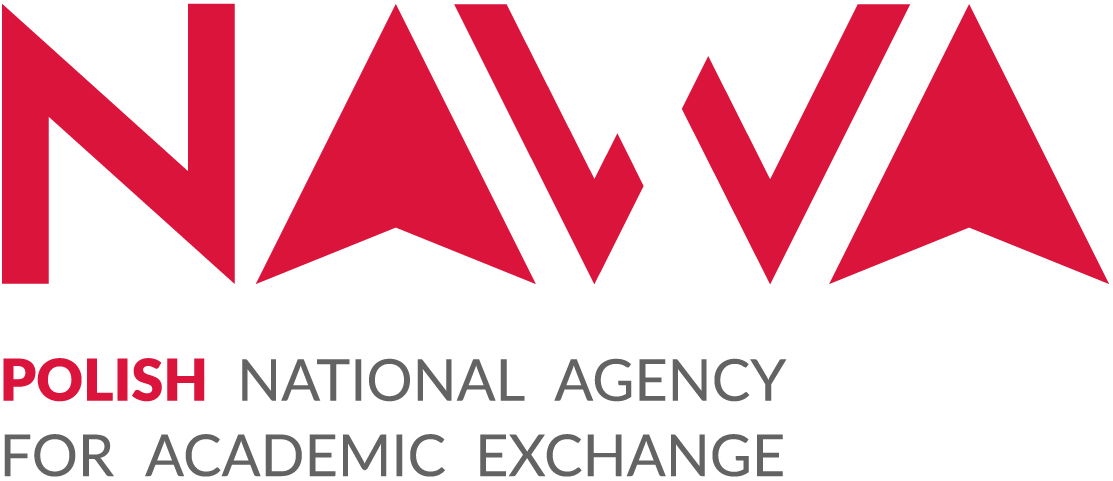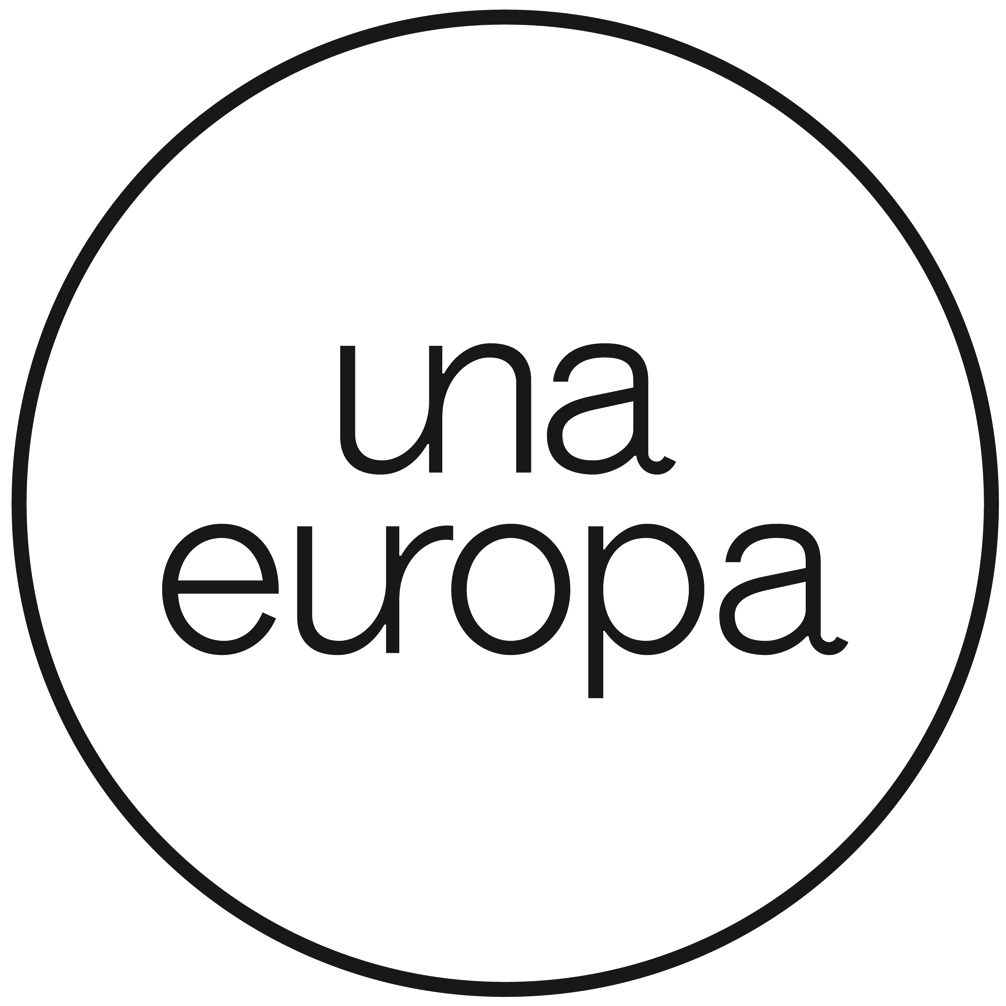Research financed by the National Science Centre, Poland; grant no. 2021/43/B/HS5/01839

Discussions about sustainable development and environmental protection are indissociable from the issue of legal guarantees. Legal systems in their current shape are sometimes criticised as overly anthropocentric and excessively focused on the socio-economic development, without taking into proper consideration the need for protection of nature. According to some, the natural environment is not merely a resource, but a value in itself; a living being, which deserves to have rights independently from human will. This is the basis for a concept described as Rights of Nature (hereinafter: RoN), in Polish: prawa natury / prawa przyrody. The idea incites many controversies of a both theoretical and practical character, as a concept remaining in conflict with current regulations and legal traditions. Legal subjectivity of nature can undermine i.a. economic freedom.
Although radical changes are sometimes needed, in this case it is unclear whether RoN as a basis for environmental protection would bring tangible benefits. This ambiguity is becoming increasingly problematic; although the first legal acts taking account of RoN were adopted no earlier than in the beginning of the 21st century, the concept of RoN keeps appearing in a growing number of contexts and is being considered as a potential foundation of new environmental policies. RoN bring hope e.g. as to preservation of the natural heritage, the fight against climate change, protection of polar regions, or restriction of exploitation of celestial bodies. Nevertheless, due to the necessity of adjustment of numerous elements of legal systems – from definitions to procedures – implementation of RoN can be a costly experiment, leading to undesirable effects.
The main task of the project is to assess whether RoN are an adequate, necessary, and proportional vehicle for implementation of sustainable development goals, which strive for a balance between care for the environment and growing socio-economic needs. We aim to adopt a critical viewpoint, verifying successively the allegations against the concept of RoN. RoN are sometimes contested as a culturally foreign legal experiment, which is based on outdated premises and cannot overcome the weaknesses of the classical environmental law. Their aims could potentially be achieved by less controversial methods, which do not require a change of the axiological foundations of law. Furthermore, it may be impossible to base RoN on ideas which so far have been serving human interests, and the justification of RoN may prove difficult to accept for many communities. The preliminary analysis suggests that the RoN-based solutions would be unfit to replace the solutions based directly on the Sustainable Development Goals defined in the UN 2030 Agenda.
The current scholarship devotes a lot of attention to the roots of RoN, derived from the philosophies of indigenous people. It is not a coincidence that the cradle of RoN lies predominantly in former colonies – however, it results in a geographically narrow perspective being adopted by many authors. Our ambition is to examine the question of RoN through the prism of international and comparative law, to estimate their chances of success in other legal cultures and at the supranational level. We also want to restructure the debate, separating RoN from other notions – such as animal rights – which are often analysed together due to a thematic link, but have different grounds and cause disparate consequences.
Although the research will be mostly focused on law, we will include the achievements of other disciplines, most notably philosophy, political science, anthropology, religious studies, sociology, economy, geography, and biology. This interdisciplinary approach, integrating the theoretical findings of various sciences and the outcomes of implementation of RoN, will allow us for a thorough analysis of further dilemmas – both existing and hypothetical. The research outputs will be publications: monographs in Polish and English, as well as a series of academic papers in English. Besides, we plan to conduct interviews with persons involved in the legal aspects of environmental protection – including representatives of indigenous people – and publish summaries on a website of the project. The results in their entirety will constitute a valuable source of information and opinions for researchers, decision-makers, legal practitioners, and citizens interested in environmental protection.
Principal investigator: Piotr Szwedo
Timeframe: October 2022 – September 2026





